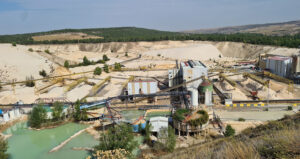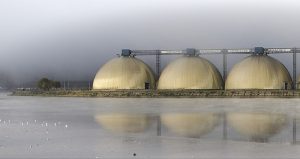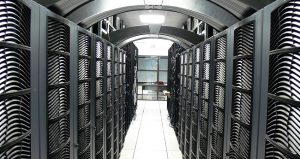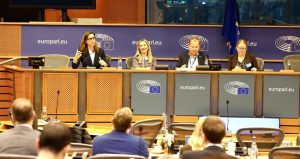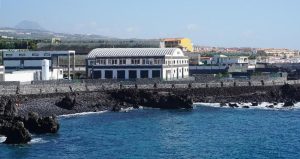Zero Brine: Kick-off innovative brine treatment in Port of Rotterdam
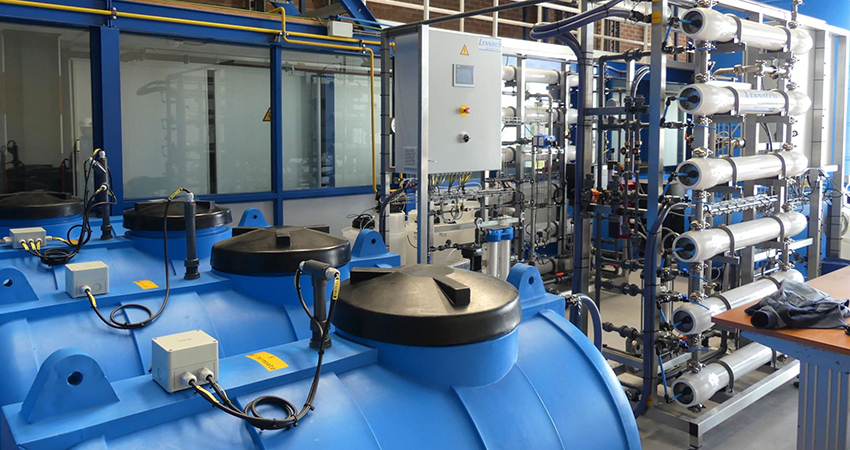
-
 Adriaan van Hooijdonk
Adriaan van Hooijdonk
Share article:
At the demineralized water plant of water company Evides the European partners of ZERO BRINE have started treating industrial wastewater according a circular model. The innovatbrine treatment process is designed to recover all resources. On the 23th of May business stakeholders of the salt industry and the specialized press, including Water News Europe, were present during the first trials at Plant One Rotterdam – a sustainable tech and innovation test facility in the Netherlands.
The pilot installation at Plant One will eventually consist of a nano-filtration unit, a crystallization unit and an evaporator. The nanofiltration unit delivered by Lenntech Water Treatment is into operation since the kick-off. The crystallization reactor of the university in Palermo has arrived at Plant One but is still in the box and the university of Athens still needs to deliver the evaporator. The full ZERO BRINE installation will be completed as soon as all the equipment has arrived.
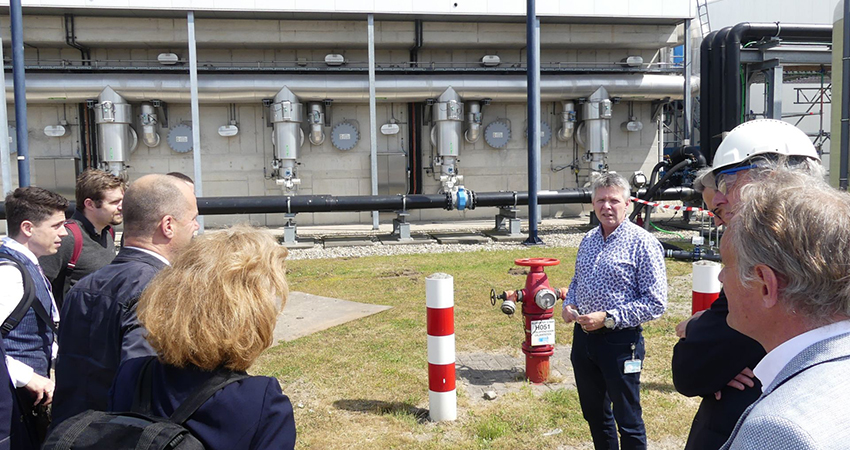
Treatment process
Evides produces demineralized water for the petrochemical industry in Rotterdam. The ZERO BRINE pilot aims to cope with increasing salinity of the feed water from the nearby lake of Brielle and will use waste heat from nearby factories to eliminate brine effluent while recovering high purity calcium, magnesium, NaCl solution and sulphate salts to recycle the streams back into the site.
Resource recovery
The nanofiltration-unit delivers two different flows. One flow contains magnesium and calcium and the other flow mainly contains sodium chloride and water. The crystallization reaction will make it possible to recover magnesium and calcium. The water with sodium chloride goes to the evaporator. At a previous occasion Henri Spanjers from project coordinator Delft University of Technology said: “Thanks to smart technology it is possible to use residual, industrial heat to evaporate a major part of the water. The remaining concentrate consists of sodium chloride and this can be returned to the ion exchanger of Evides for regeneration. Or the sodium chloride can be used by chemical companies to produce for example chlorine.”
European pilots
The demonstration project of 22 partners is realising pilot installations for diverse industries in Spain, Turkey, Poland and The Netherlands. Two pilots are located in the Botlek area of Rotterdam Port. Spanjers emphasizes the quality of recovered magnesium is crucial for selling. Evides gets water for the industry out of the lake of Brielle. “This water not only contains salts and minerals but also humic acids. Potential buyers are not interested in magnesium contaminated with humic acids. That is why in a second pilot Arvia, a British company, will test their technology to remove these organic substances.”


